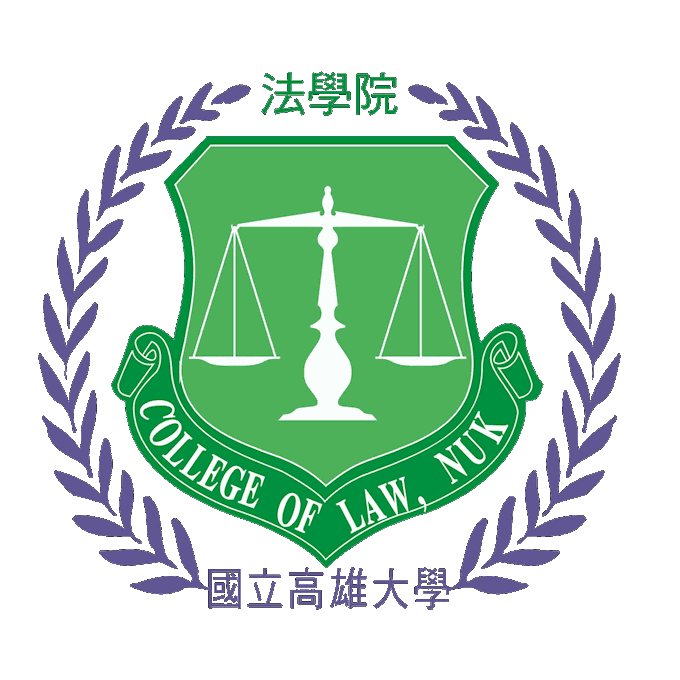

安楽死は通常積極的安楽死と消極的安楽死に分けられる。前者はこれが殺人罪又は同意殺人罪になることを否定し、正当化できるか、そうであれば責任阻却の要件は何かに重点を置く。後者はその範囲がどこまでかを論じる。刑法において延命措置の中止は不作為犯なのか作違犯なのかという論争がある。この点について、延命措置の中止を消極的安楽死の範囲と理解するか積極的安楽死の範囲に属するかについて争いがある。 本文では安楽死、尊厳死の刑法上の規定と立法の必要性をそれぞれ論じる。同時に病人が臨終の際に医師に医療の中止を要求することの法律上の意義の問題を議論の中心として名古屋高等裁判所、横浜地方裁判所の形成した要件判断を検討する。更に、2007年に厚生労働省が公布した「終末期医療の決定プロセスに関するガイドライン」2014年の「人生の最終段階における医療に関する意識調査」報告書等の関係する意識を挙げ、2015年の議員連盟におけるこの問題に対する立法動向、そして終末期の医療における患者の意思の尊重に関する法律案、更に日本弁護士連合会のこの法案に対する批判を検討する。 最後にこれを前提に比較法的観点から中止措置の要件についてそれが適法化を決定するための「法規範」の必要性について提起する。
Euthanasia usually distinguish between active euthanasia and passive euthanasia. Former questions focused on whether this as a homicide, or agree to murder can be justified, or what its elements should prevent liability. Discuss its scope and where in the latter. Suspension of life-dealing with criminal law should be, "omission" or "as made" debate. Corresponding to this, subsistence process to abort should be understood in passive euthanasia, aspects, are considered as falling within the category of active euthanasia and controversial. This article does and euthanasia, death with dignity of the criminal law provisions and the necessity of legislation. Patients dying at the same time require the physician to suspend treatment, its importance as a center of discussion in this paper on the law, review the Nagoya High Court, formed by the Yokohama District Court's judgment. Both 2007 MHLW announced "guidelines relating to death medical decisions program" in 2014, "research report on health care in the final stage of life consciousness" and other related awareness, and 2015 legal trends in the League on this issue of, and legal cases relating to dying in medical patients with respect, as well as the Japan lawyers ' Association criticism of arguments on the Bill. Finally, proposed the suspension of processing elements from a comparative law perspective, there is no decision to make it a legal "norm" of necessity.